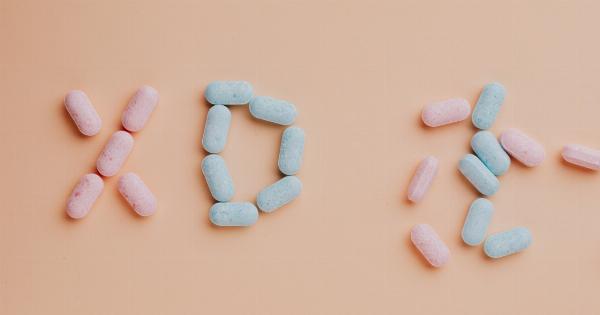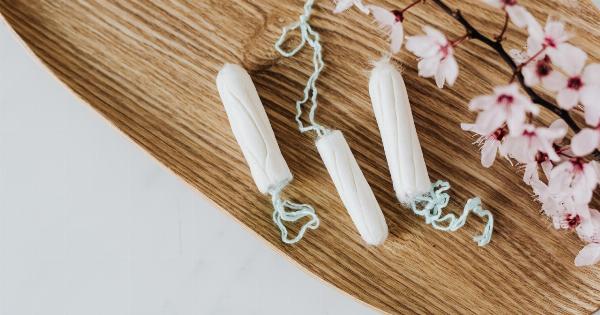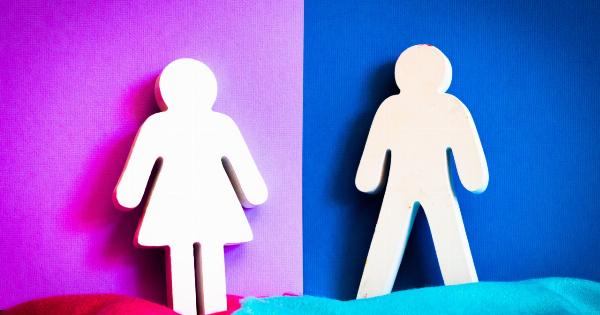Caffeine is one of the most widely consumed psychoactive substances in the world. It is found in beverages such as coffee, tea, and energy drinks, and in some foods and medications.
While caffeine offers several benefits, such as enhancing alertness and improving cognitive performance, there are concerns about its effects on fertility in men and women.
Research has shown that caffeine consumption can affect fertility in various ways, and this article explores these effects.
What is Caffeine?
Caffeine is a natural stimulant that affects the central nervous system. It is found in the seeds, leaves, and fruits of some plants, where it acts as a pesticide to deter insects and animals from eating them.
Humans have been consuming caffeine for centuries, primarily in the form of coffee and tea. Today, caffeine is added to many foods and beverages, including energy drinks, chocolate, and some medications.
Many people consume caffeine for its stimulating effects. It can improve concentration, alertness, and cognitive performance, which is why it is often used to counteract fatigue and sleepiness.
Caffeine and Fertility in Women
Studies have shown that caffeine consumption can affect fertility in women, primarily by interfering with the reproductive hormones and menstrual cycle. Here are some of the effects:.
Menstrual Irregularities
Research has shown that high levels of caffeine intake can disrupt the menstrual cycle and cause irregular periods.
This effect is mainly attributed to the way in which caffeine affects the hormones that regulate the menstrual cycle, such as estrogen and progesterone.
Decreased Fertility
Caffeine consumption has been linked to lower fertility rates in women. One study found that women who consumed more than 300 mg of caffeine per day had a 27% higher risk of infertility than those who consumed less than 100 mg per day.
Increased Risk of Miscarriage
Studies have also suggested that high levels of caffeine intake during pregnancy may increase the risk of miscarriage.
One study found that women who consumed more than 200 mg of caffeine per day had twice the risk of miscarriage as those who consumed less than 50 mg per day.
Delayed Conception
One study showed that women who consumed more than one cup of coffee per day took longer to conceive than those who consumed less than one cup per day. The delay in conception was more significant in women who drank more than three cups per day.
Caffeine and Fertility in Men
While there is less research on the effects of caffeine on male fertility, some studies have suggested that it can affect sperm quality and quantity. Here are some of the effects:.
Reduced Sperm Count
Studies have shown that men who consume high amounts of caffeine have lower sperm count than those who consume less or no caffeine.
One study found that men who consume more than 300 mg of caffeine per day had about a 23% lower sperm count than those who consumed less than 100 mg per day.
Impaired Sperm Motility
Caffeine consumption has also been linked to impaired sperm motility, which is the ability of the sperm to move towards the egg.
One study found that men who consumed more than 250 mg of caffeine per day had significantly lower sperm motility than those who consumed less than 100 mg per day.
Abnormal Sperm Shape
Research has also suggested that caffeine intake can affect the shape of the sperm. One study found that men who consume more than 300 mg of caffeine per day had a higher percentage of abnormal sperm than those who consumed less than 100 mg per day.
Conclusion
Caffeine is a widely consumed substance that can affect fertility in both men and women.
The effects of caffeine on fertility include irregular menstrual cycles, decreased fertility, increased risk of miscarriage, reduced sperm count, impaired sperm motility, and abnormal sperm shape.
If you are trying to conceive or are already pregnant, it is recommended that you limit your caffeine intake to less than 200 mg per day. This can help to reduce the risk of fertility problems and other complications.






























